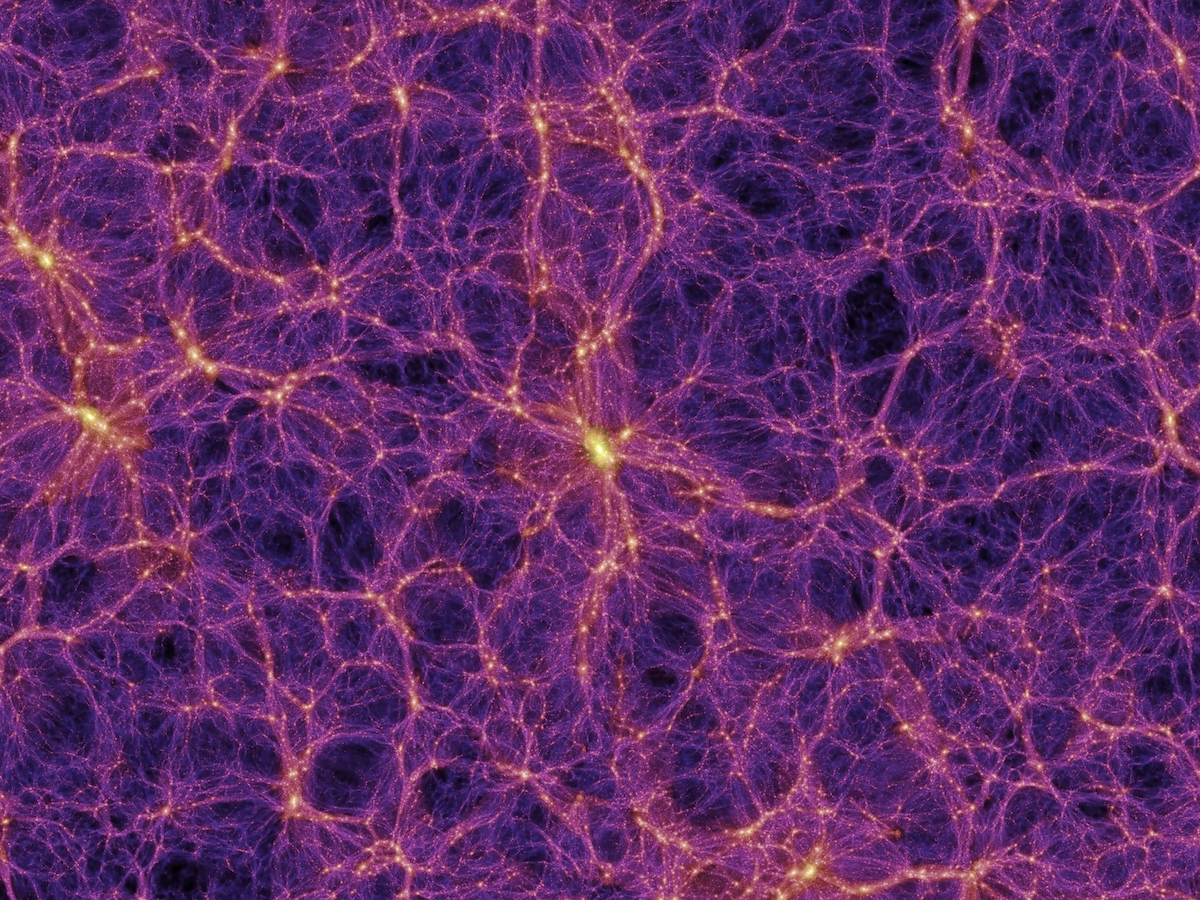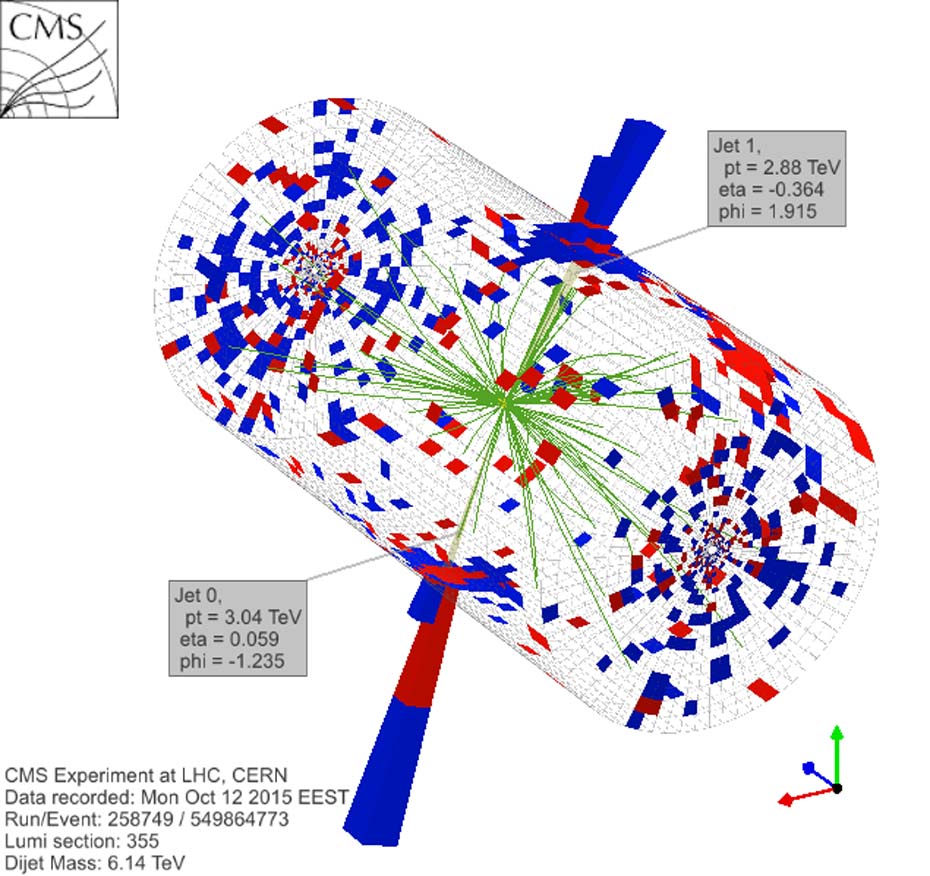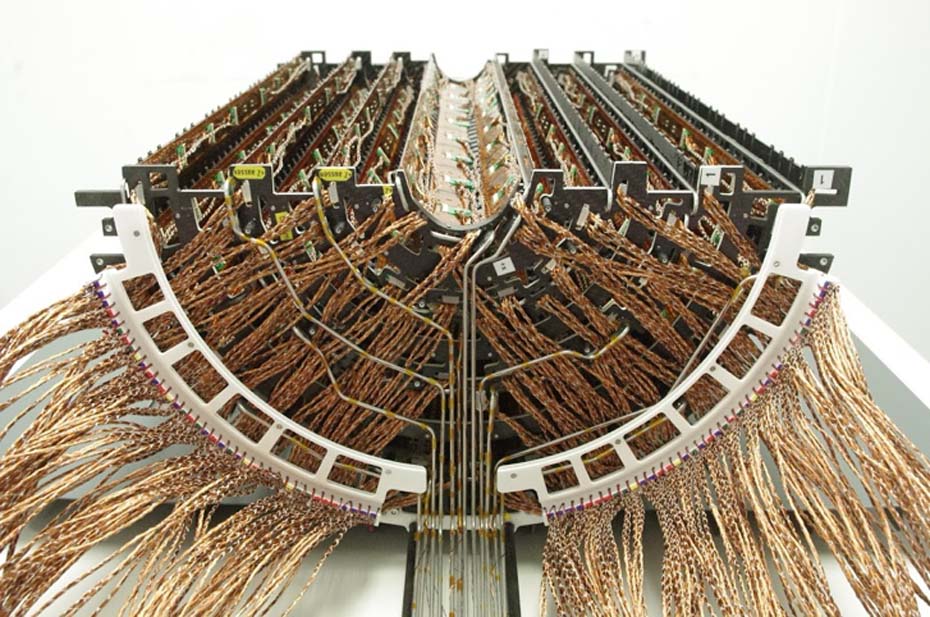Research
Our group is leading key data analyses within the CMS experiment looking for signs of new physics beyond the standard model in data with missing momentum and hadronic activity, with and without heavy flavour content. The current research projects focus on the analysis of proton-proton data collected by the CMS experiment during the Run II data-taking of the LHC at the frontier laboratory energy of 13 TeV in the centre of mass.
The unique conditions at the LHC enable us to explore the TeV energy scale in search for new particles and new interactions that could answer to some of the most important questions in particle physics. We are specifically interested in understanding the nature of Dark Matter. We are currently investigating alternative hypotheses to the WIMP models, probing new theories that predict the abundance of DM in the Universe. These models suggest Dark Matter to be composed of a multitude of particles interacting among themselves through new fundamental forces and manifesting in hadron collisions as sprays of visible and invisible particles, reconstructed in the detector as hadronic jets collimated to missing momentum. The group is pioneering such unexplored signatures. The overwhelming background from SM processes and detector inefficiencies, mis-reconstruction and the sheer amount of data are the most important challenges for these searches. The group is developing novel algorithms, leveraging advanced machine learning techniques, which are new to the field of high energy physics, to tackle these challenges. Additionally, specific algorithms will be designed and included in the trigger selection chain to maximise the chances to capture interesting events, otherwise discarded.
The group activities extend to the quest for new heavy resonances, with the search for vector-like quarks with enhanced coupling to third generation quarks, in final states with boosted hadronic objects and neutrinos.
The group is also deeply involved in the operations and commissioning of the CMS Pixel detector, with responsibility roles in the monitoring of the detector functioning and conditions, and the study of the evolution of radiation damage effects on detector performance.


